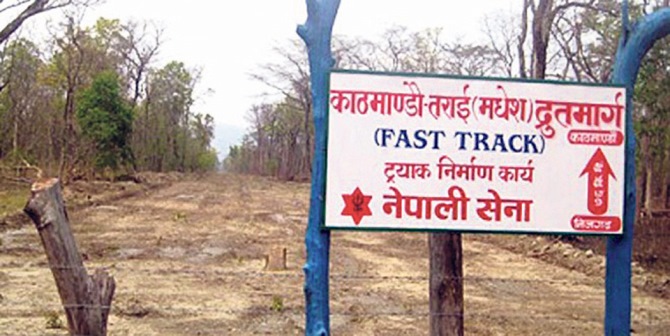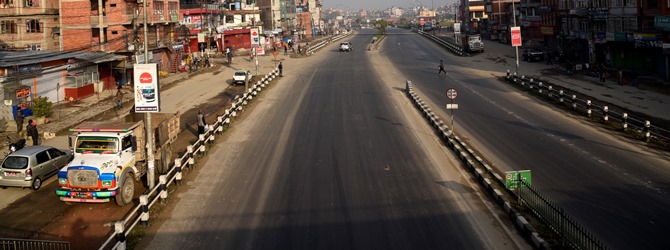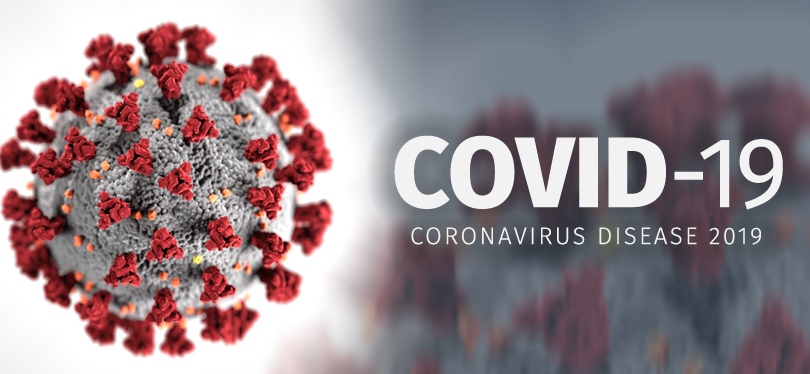Murder cases increase fourfold in 5 years

By Purushottam P. Khatri
Kathmandu, Sept. 12: If the Police Headquarters annual report on crime statistics is anything to go by, 110 cases of felony are committed every day in our society.
Every year, hundreds of people get murdered across the country, 38 in a month and at least two in a day, states a record of the Headquarters.
In the last fiscal year 2020/21, the Headquarters registered 40,120 total crimes across the country. Of these, 8,059 cases were related to offences against the human body, with 697 related to murder.
The record also states that 177 people were murdered in 2016; 206 in 2017; 659 in 2018; 555 in 2019 and 697 in 2020. In those five years, 2,294 people got killed in total.
The total murder cases increased by 16.38 percent in 2017 compared with 2016, increased by 219 percent in 2018 compared with 2017, decreased by 15.78 percent in 2019 compared with 2018 and increased by 25.58 percent in 2020 compared with 2019. Remarkably, the cases rose by 293.78 percent in 2020 compared with 2016.
Similarly, in the last five years, a total of 211,162 felonies took place in the country. The record shows that 43,125 crimes were committed in 2016 in all, 42,968 in 2017, 43,051 in 2018, 41,898 in 2019 and 40,120 in 2020.
From the above figures, the incidents of murders accounts for the 1.08 percent of the total crimes. And on average, 42,232 criminal cases happen in the country annually.
Likewise, the Headquarters also registered a total of 2,855 attempt-to-murder cases in the last three fiscal years from 2018 to 2020. This graph also shows an increment in such cases by 20.94 per cent over that period. According to Nepal Police, 1,059 attempt-to-murder cases were registered in 2020, 869 in 2019, and 927 in 2018.
This year from April 14 to August 31, a period of four and a half months, 239 persons were killed under different pretexts. Province 1 topped the list with 66 murders, followed by Lumbini Province with 50 cases.
Similarly, Province No. 2 witnessed 45 cases, with the Kathmandu Valley registering 13 cases over the period. Province No. 3 except the Valley registered 23 murder cases, Gandaki Province 13, Karnali Province 15 and Sudurpaschim Province 14.
Nepal Police has listed mainly 11 criminal cases as heinous crimes, including murder, robbery with killing, attempt-to-murder, robbery, drug trafficking, kidnapping, possession of arms and ammunition, human trafficking, smuggling, rape and possession of explosives or IED.
Among these heinous crimes, a murder charge is of special nature, because it hardly, if at all, goes under-reported or gets false reporting. Sooner or later, the case of murder gets registered with the police, said Senior Superintendent of Police (SSP) and Spokesperson for the Police Headquarters Basanta Bahadur Kunwar. “The very bitter aspect of murder, according to our investigation, is that most of the murder crimes - over 50 percent - are committed by relatives,” said Kunwar.
Society has become so cruel and distrustful that anything may happen to anyone, anywhere, he said.
Sociologists, psychologists and senior police officers are concerned about the rise in heinous crimes among all classes and groups of people -- be it educated, reputed or uneducated.
Sociologist Deepak Dahal said that sometimes household disputes may turn into a nasty incident like murder when we lost control over our mind or anger and that the society and social environment where we live, family relationships, financial status, unimagined charges, slander, domination, and especially, person’s psychological attitude and character -- all lead people to commit heinous crime at any time.
Another sociologist Dr. Meena Upreti said that one of the reasons for rising murder cases is the distressing pattern of the society.
In her view, the sexual-psychiatric problem is the main reason for such incidents, and the number of people having such problem has been increasing in Nepal. “The culprit bears the most blame, but his/her family also share some. Such incidents are more likely to happen in families where there is conflict or financial problems or both,” she said.
Psychologist Bashu Acharya believes that society, alcohol, anger, and stubbornness are some of the reasons for murder by kin and that the social environment, economic deprivation, certain negative brain messages, drugs and alcoholism are also equally responsible factors for murder.
Asked about prevention and mitigation measures, Acharya said that awareness is the first condition for its prevention and control. “Awakening is the most important thing for this. There should be an awakening to control anger, and an awakening to manage society,” he said. “Taking revenge by killing someone cannot be the solution to control anger,” he said, adding, “We must raise awareness in the society that forgiveness is the main basis to control murder.”
“Let's not just blame the perpetrator. Factors such as social, psychological and uncontrollable anger drives a person to acts cruelly, sometimes leading to commit heinous crimes,” said Acharya.
Former AIG of Nepal Police Devendra Subedi said, "Some of the incidents seem to have happened in ordinary disputes."
“Illicit sexual relations and attempts to hide it, normal financial transactions, fights and stress have been found to be the leading causes of impulsive killings.”
It has also been found that killings in the Terai region are commonly taking place because of disputes over land, canal, access to irrigation, extramarital affairs and others.
Subedi said, "Most of the murders take place in a fit of rage triggered by illicit relationships, financial transaction, distrust among family members and relatives in the neighbourhood.
Recent News

Do not make expressions casting dout on election: EC
14 Apr, 2022
CM Bhatta says may New Year 2079 BS inspire positive thinking
14 Apr, 2022
Three new cases, 44 recoveries in 24 hours
14 Apr, 2022
689 climbers of 84 teams so far acquire permits for climbing various peaks this spring season
14 Apr, 2022
How the rising cost of living crisis is impacting Nepal
14 Apr, 2022
US military confirms an interstellar meteor collided with Earth
14 Apr, 2022
Valneva Covid vaccine approved for use in UK
14 Apr, 2022
Chair Prachanda highlights need of unity among Maoist, Communist forces
14 Apr, 2022
Ranbir Kapoor and Alia Bhatt: Bollywood toasts star couple on wedding
14 Apr, 2022
President Bhandari confers decorations (Photo Feature)
14 Apr, 2022





.jpg)




